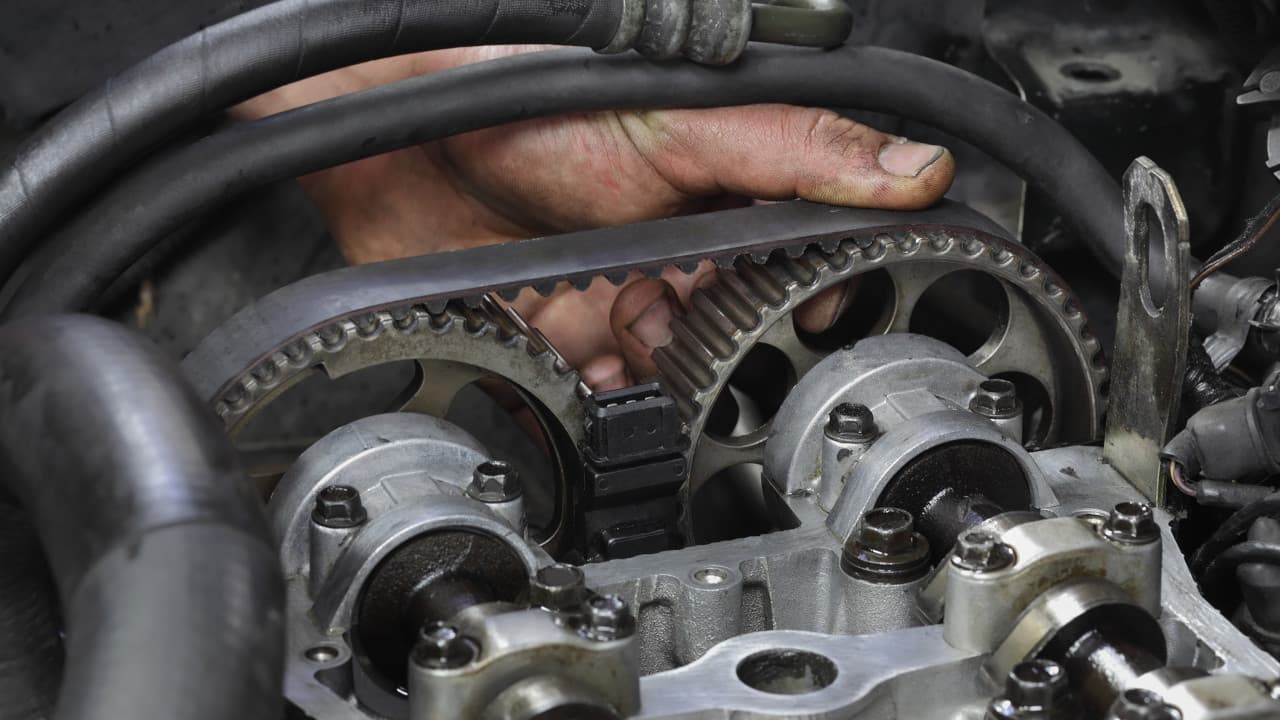- Arabic
- French
- Russian
- Spanish
- Portuguese
- Turkish
- Armenian
- English
- Albanian
- Amharic
- Azerbaijani
- Basque
- Belarusian
- Bengali
- Bosnian
- Bulgarian
- Catalan
- Cebuano
- Corsican
- Croatian
- Czech
- Danish
- Dutch
- Afrikaans
- Esperanto
- Estonian
- Finnish
- Frisian
- Galician
- Georgian
- German
- Greek
- Gujarati
- Haitian Creole
- hausa
- hawaiian
- Hebrew
- Hindi
- Miao
- Hungarian
- Icelandic
- igbo
- Indonesian
- irish
- Italian
- Japanese
- Javanese
- Kannada
- kazakh
- Khmer
- Rwandese
- Korean
- Kurdish
- Kyrgyz
- Lao
- Latin
- Latvian
- Lithuanian
- Luxembourgish
- Macedonian
- Malgashi
- Malay
- Malayalam
- Maltese
- Maori
- Marathi
- Mongolian
- Myanmar
- Nepali
- Norwegian
- Norwegian
- Occitan
- Pashto
- Persian
- Polish
- Punjabi
- Romanian
- Samoan
- Scottish Gaelic
- Serbian
- Sesotho
- Shona
- Sindhi
- Sinhala
- Slovak
- Slovenian
- Somali
- Sundanese
- Swahili
- Swedish
- Tagalog
- Tajik
- Tamil
- Tatar
- Telugu
- Thai
- Turkmen
- Ukrainian
- Urdu
- Uighur
- Uzbek
- Vietnamese
- Welsh
- Bantu
- Yiddish
- Yoruba
- Zulu
dec . 15, 2024 14:18 Back to list
Understanding the Importance of Auto Timing Belt Replacement for Vehicle Performance
Understanding Auto Timing Belts The Heartbeat of Your Engine
When it comes to the intricate workings of automotive engines, the timing belt serves as a crucial component that often goes unnoticed. This essential part of your vehicle’s engine is responsible for synchronizing the rotation of the crankshaft and the camshaft, ultimately ensuring that your engine runs smoothly. The timing belt not only plays a critical role in engine performance but also significantly impacts its longevity.
What is a Timing Belt?
A timing belt is a rubber belt with teeth that connects the crankshaft to the camshaft in an internal combustion engine. It ensures that the valves open and close at the proper times during each cylinder's intake and exhaust strokes. This synchronization is crucial because even the slightest misalignment could lead to inefficient engine performance and, in severe cases, catastrophic engine damage.
Importance of Timing Belts
The timing belt is often referred to as the engine's heartbeat because it dictates the rhythm and timing of how the engine operates. If the timing belt is not functioning correctly, it can result in poor engine performance, increased emissions, and reduced fuel efficiency. Moreover, a broken timing belt can cause significant damage to the engine, leading to expensive repairs or even requiring a complete engine replacement.
Most manufacturers recommend replacing the timing belt between 60,000 and 100,000 miles, but this can vary depending on the vehicle's make and model. Regular maintenance and inspections can help identify any potential issues with the timing belt before it becomes a critical problem.
Signs of a Failing Timing Belt
Being aware of the signs of a failing timing belt can save a vehicle owner from extensive repairs. Some symptoms include
1. Unusual Noises A clicking or ticking sound coming from the engine can indicate that the timing belt is fraying or experiencing wear. 2. Engine Misfiring If the timing of the camshaft and crankshaft is out of sync, it can cause the engine to misfire or run unevenly. 3. Oil Leaks A failing timing belt may cause oil leaks in the engine, particularly around the timing cover.
4. Check Engine Light If your check engine light comes on, it could indicate a problem with the timing belt or related components.
auto timing belt

5. Visible Wear In some cases, a visual inspection of the timing belt may reveal cracks, frays, or worn teeth, indicating that it needs replacement.
What Happens When a Timing Belt Fails?
If a timing belt fails while driving, it can result in a catastrophic engine failure. In interference engines, a broken timing belt can cause the pistons to collide with the valves, bending them and leading to costly repairs. Non-interference engines may not incur as much damage, but a broken timing belt will still leave you stranded and in need of immediate assistance.
Preventive Measures
To avoid the risks associated with a failing timing belt, regular maintenance is key. Here are some preventive measures
1. Regular Inspections Have your timing belt inspected during routine maintenance checks.
2. Follow Manufacturer Recommendations Adhere to the manufacturer’s guidelines regarding timing belt replacement intervals.
3. Observe Driving Habits Avoid aggressive driving habits that can put unnecessary strain on your engine.
4. Listen for Unusual Noises Pay attention to any strange sounds coming from the engine, and address them promptly.
Conclusion
Understanding the role and importance of the timing belt in your car can lead to better maintenance practices and ultimately extend the life of your engine. By keeping an eye out for warning signs and adhering to recommended replacement schedules, you can avoid costly repairs and keep your vehicle running smoothly. Remember, the timing belt may be out of sight, but it should never be out of mind. Regular checks and balances will ensure that your engine continues to operate efficiently, giving you peace of mind on the road.
-
Korean Auto Parts Timing Belt 24312-37500 For Hyundai/Kia
NewsMar.07,2025
-
7PK2300 90916-T2024 RIBBED BELT POLY V BELT PK BELT
NewsMar.07,2025
-
Chinese Auto Belt Factory 310-2M-22 For BMW/Mercedes-Benz
NewsMar.07,2025
-
Chinese Auto Belt Factory 310-2M-22 For BMW/Mercedes-Benz
NewsMar.07,2025
-
90916-02660 PK Belt 6PK1680 For Toyota
NewsMar.07,2025
-
drive belt serpentine belt
NewsMar.07,2025

